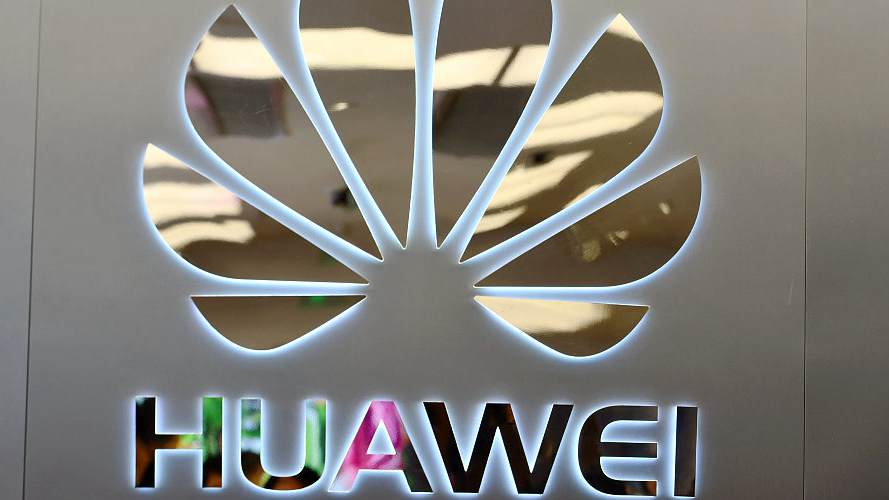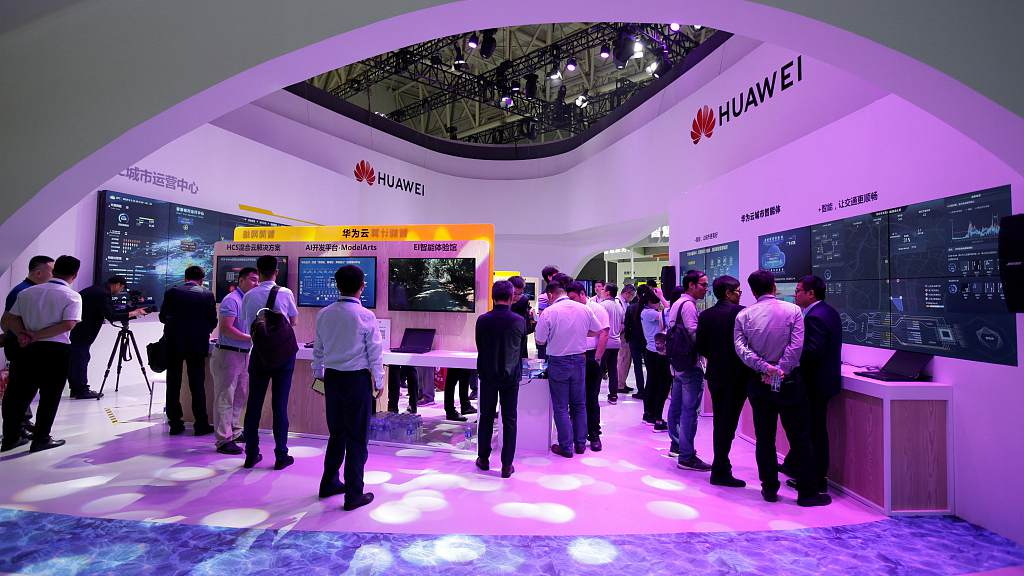
Opinion
18:35, 19-May-2019
Learning lessons from Huawei's countermeasure
Updated
20:08, 19-May-2019

Editor's Note: The following article is taken from the Chinese-language "Commentaries on International Affairs" published on China Plus on May 19, 2019.
On Thursday, the U.S. Department of Commerce, without any valid evidence, put Chinese technology firm Huawei and its 70 affiliates on an "Entity List," which prohibited Huawei from purchasing components or technologies from U.S. companies. This decision was clearly aimed at obstructing the development of China's high-tech sector by strangling Huawei and securing America's hegemony in the sci-tech global industry.
However, what surprised Washington is that Huawei immediately announced plans to use backup chips it had been independently developing for years to ensure strategic security and a steady supply chain of most of its products. This represents a fantastic fight back against the "strangling" move and shows gratitude to Huawei's spirit of hard work and innovation, along with the company's farsightedness and vigilance against potential dangers in times of peace.
As the world's largest telecom equipment manufacturer, after more than 20 years of development across the globe, Huawei's services and products are being used in 170 countries, serving over one-third of the world's population. Although, its development path in the U.S. has been rough and rugged.
Many of its acquisition projects were obstructed, and the company was also probed for posing so-called "national security risks." The door for Huawei to join the internet infrastructure construction in the U.S. with local operators has remained firmly shut.
The U.S. has been anxious about the fact that Huawei tops the global list of patent applications in 5G network construction and has declared that "the race to 5G is a race that America must win."
Although the U.S. side has claimed that it wants to win through competition instead of blocking out advanced technologies, its deeds do not match its words. The U.S. has been using the concept of "national security" as a tool to promote trade protectionism and has taken various measures, including political kidnapping, to curb Huawei's access to 5G network construction across the world.
However, its latest moves not only won't make America safer or stronger but have instead harmed Huawei's American partners, resulting in huge job losses and undermining the global supply chain.
Shares of some of Huawei's partners, such as Qualcomm and Xilinx, fell sharply after the U.S. restrictions were announced. Leaders from European countries, including French President Emmanuel Macron and German Chancellor Angela Merkel, have made it clear that they will not blindly follow the U.S. steps to block Huawei. These are clear signs of public outrage against the U.S. arbitrary moves to crush competitors through the abuse of national power.

People visit Huawei's booth at an exhibition during the World Intelligence Congress in Tianjin, China May 16, 2019. /VCG Photo
People visit Huawei's booth at an exhibition during the World Intelligence Congress in Tianjin, China May 16, 2019. /VCG Photo
Huawei deserves a thumbs-up for having foreseen those potential 'strangling' measures over a decade ago and been preparing for just such a worst-case scenario. The launch of backup plans demonstrates the company's vigilant stance against potential dangers, as well as its resolve and tenacity to overcome difficulties and challenges.
Such a spirit is not only typical of Chinese enterprises, but also the Chinese nation. Since it was founded 70 years ago, the People's Republic of China has handled a series of combat and suppression threats from the outside world.
The country successfully produced atom and hydrogen bombs and a satellite on its own to cope with nuclear blackmail and overcame difficulties to produce its homegrown microchips in the face of a technological blockade. Guided by the principle of "hope for the best and prepare for the worst," China and its people have turned a series of dangers into an advantage.
China is now closer to and more confident and capable than ever before of making the goal of national rejuvenation a reality. It also knows that achieving that goal will not be a walk in the park, but instead requires even harder work, as well as vigilance against worst-case scenarios.
Huawei's exemplary strategy is allowing Chinese people to become more aware of the potential dangers during the times of peace, and teaching them how to resolved and tackle tough issues head-on.
(If you want to contribute and have specific expertise, please contact us at opinions@cgtn.com.)

SITEMAP
Copyright © 2018 CGTN. Beijing ICP prepared NO.16065310-3
Copyright © 2018 CGTN. Beijing ICP prepared NO.16065310-3